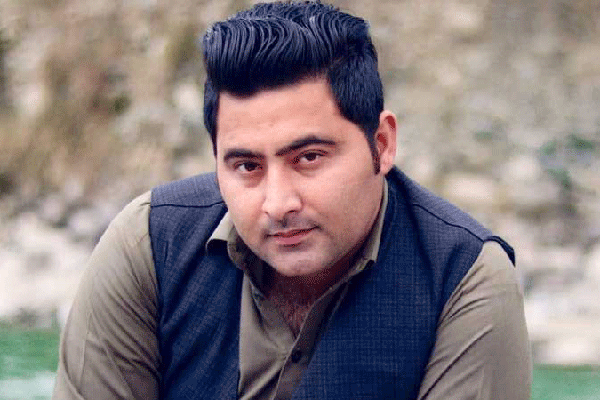
Pakistan must quash the belief that murder is just so long as it is committed in the name of religion
Last year, 23-year-old Mashal Khan was lynched at Mardan’s Abdul Wali Khan University in Khyber-Pakhtunkhwa province over rumors that he had committed blasphemy. The verdict on the killing has come from the Haripur Anti-Terrorism Court: one person gets death, five life imprisonments, 25 get three years in jail, and 26 have been acquitted. When the acquitted came out of jail they were greeted and lionized by the clerics of two major religious parties, the Jamaat-e-Islami and the Jamiat Ulema-e-Islam. The killers addressed a public meeting and vowed to kill again, if necessary, to prevent blasphemy.
Mashal Khan was clubbed to death by a mob after instigation from known elements not questioned by the court. The entire shameful scene was filmed on cellphones and it can be said that the acquitted 26 persons fully participated in the heinous crime. The court has already ruled on the basis of expert advice that Mashal Khan did not commit any blasphemy. He only had radical ideas for which Pakistan has no punishment on the statute book.
The clerical refusal to accept blasphemy-related court verdicts has solidified and boasts a large hinterland of supportive madrasas. In 2011, then-Punjab Governor Salmaan Taseer was killed by a “pious” police guard for what he thought was blasphemy. When the killer was hanged by a judge too scared to stay in Pakistan after the verdict, clerics from all over the country protested and the killer was raised to the status of a saint complete with a much-visited mausoleum near Islamabad. On the other hand, far from giving him a mausoleum, mobs in Lahore will not let you even mourn Taseer.
The government, itself haunted by accusations of blasphemy from clerics often bribed by opponents, is at a loss to handle the situation after the Mashal Khan verdict. One killer belonging to the Pakistan Tehreek-e-Insaf, which is in power in Khyber-Pakhtunkhwa, is still at large; but the real question today is what to do with the 25 acquitted killers getting ready to repeat the crime for clerical approval. The government has claimed it will challenge the acquittals during appeals—but how can they hope to combat the mindset that there is nothing wrong with murder so long as it has been committed in the name of religion?
